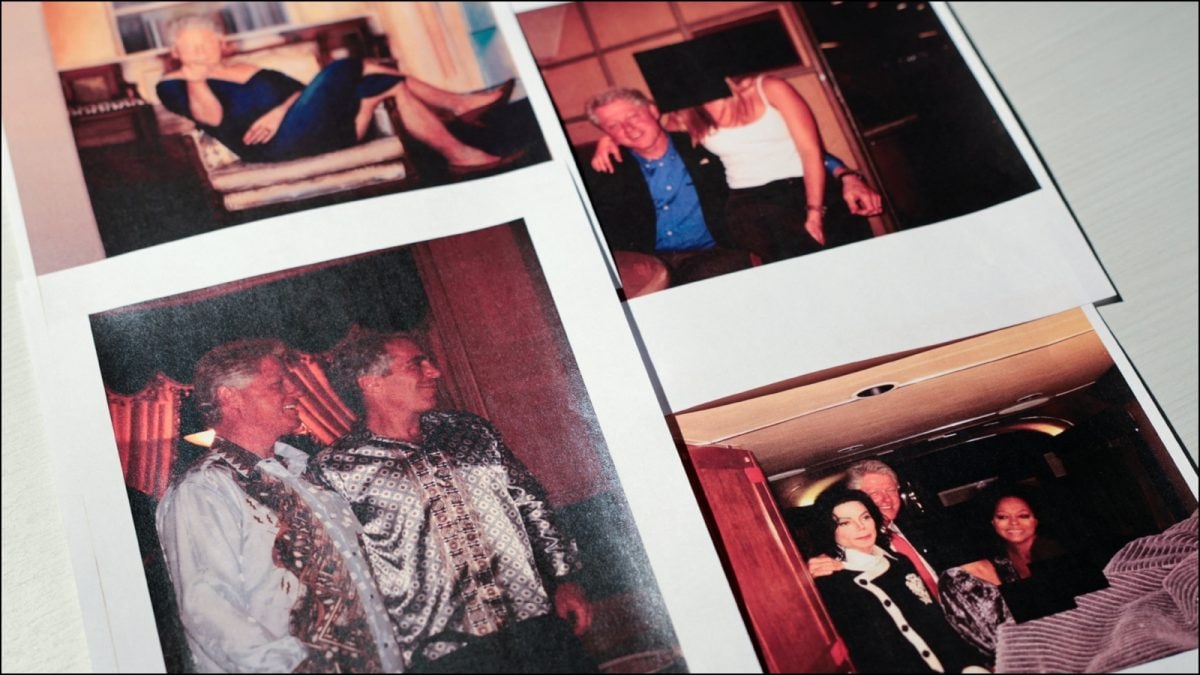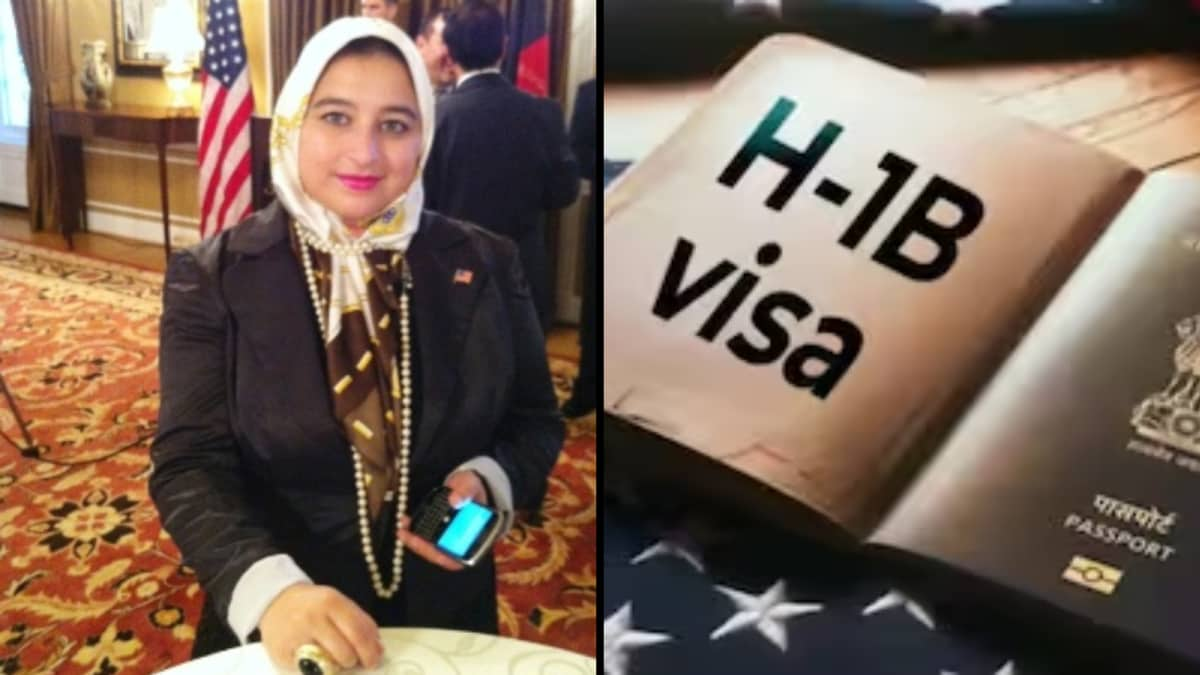Abraham Lincoln's 1861 handwritten letter recommending his Black friend William Johnson for a job is now on display at the Abraham Lincoln Presidential Library and Museum, showcasing his empathy and humanity during a divided era.

Abraham Lincoln’s 1861 handwritten letter recommending his Black friend William Johnson for a job is now on display at the Abraham Lincoln Presidential Library and Museum.
A handwritten letter of reference penned by President Abraham Lincoln in 1861 just two weeks into his first term is now on public display at the Abraham Lincoln Presidential Library and Museum.
The letter, written on March 16, 1861, was addressed to Navy Secretary Gideon Welles and sought employment for William Johnson, a young Black man Lincoln considered a friend. Lincoln wrote that “the difference of colour between him and the other servants is the cause of our separation,” referring to how Johnson’s darker complexion had made him an outcast among lighter-skinned, freed Black staffers at the White House.
Private collector Peter Tuite donated the historic document to the museum in August. Although Welles reported that no job was available at the time, the letter stands as a rare example of personal empathy from a newly inaugurated president during one of the most divided periods in American history.
Christina Shutt, executive director of the museum, said the brief note “contains layer upon layer” of insight into Lincoln’s early presidency. “We see him trying to help a friend. We see that even the new president cannot casually hand out jobs,” she said. “We see issues of class and colour within the White House.”
Johnson had first worked as Lincoln’s valet and driver in Springfield in 1859 and later accompanied him on the journey to Washington. Despite referring to Johnson as a “coloured boy,” a reflection of the era’s language, Lincoln maintained a respectful and considerate relationship with him.
“He never demanded service but asked politely and let them bear no hardship he could lift,” said historian James Conroy, noting Lincoln’s consistent decency toward his staff. “He was a genuinely good guy, empathetic and kind, regardless of race or gender.”
By November 1861, Lincoln managed to secure Johnson a post at the Treasury Department, though Johnson continued to assist him at the White House, shaving him daily and often driving his carriage. He also accompanied Lincoln to Gettysburg in 1863 and tended to him when the president suffered a mild case of smallpox.
Johnson contracted smallpox during one of several outbreaks in Washington and died early the following year. During his illness, Lincoln personally collected his pay to ensure he received it. After Johnson’s death, Lincoln paid for his coffin and even offered to repay a $150 loan on his behalf, part of which the bank later forgave.
The museum’s display of the letter highlights Lincoln’s act of compassion and friendship across racial lines during a time when the nation was on the brink of civil war.
- Ends
Published By:
Akshat Trivedi
Published On:
Nov 7, 2025

 1 month ago
1 month ago


















